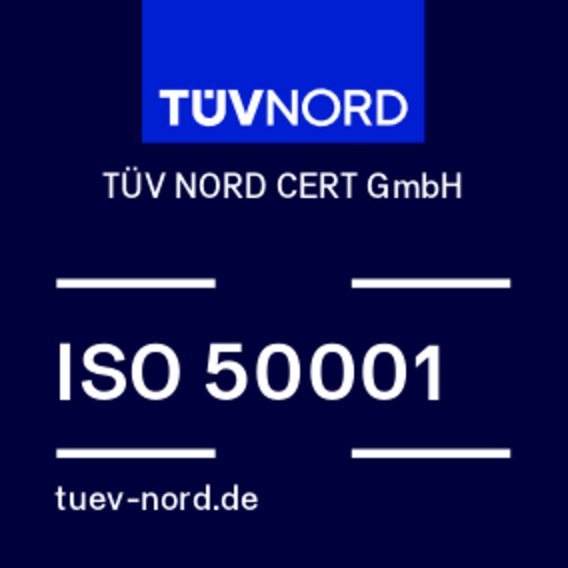
What is ISO 50001?
ISO 50001 is the global standard for energy management systems, providing organizations with a framework to systematically improve energy performance. By implementing ISO 50001, companies can optimize energy use, reduce costs, and enhance sustainability.
The standard supports continuous improvement in energy efficiency, energy consumption, and overall energy-related performance. Beyond environmental benefits, ISO 50001 certification strengthens competitiveness, demonstrates expertise, and enhances public and stakeholder confidence.
ISO 50001 is applicable across all sectors, making it ideal for both manufacturing companies and service providers, regardless of size or location.